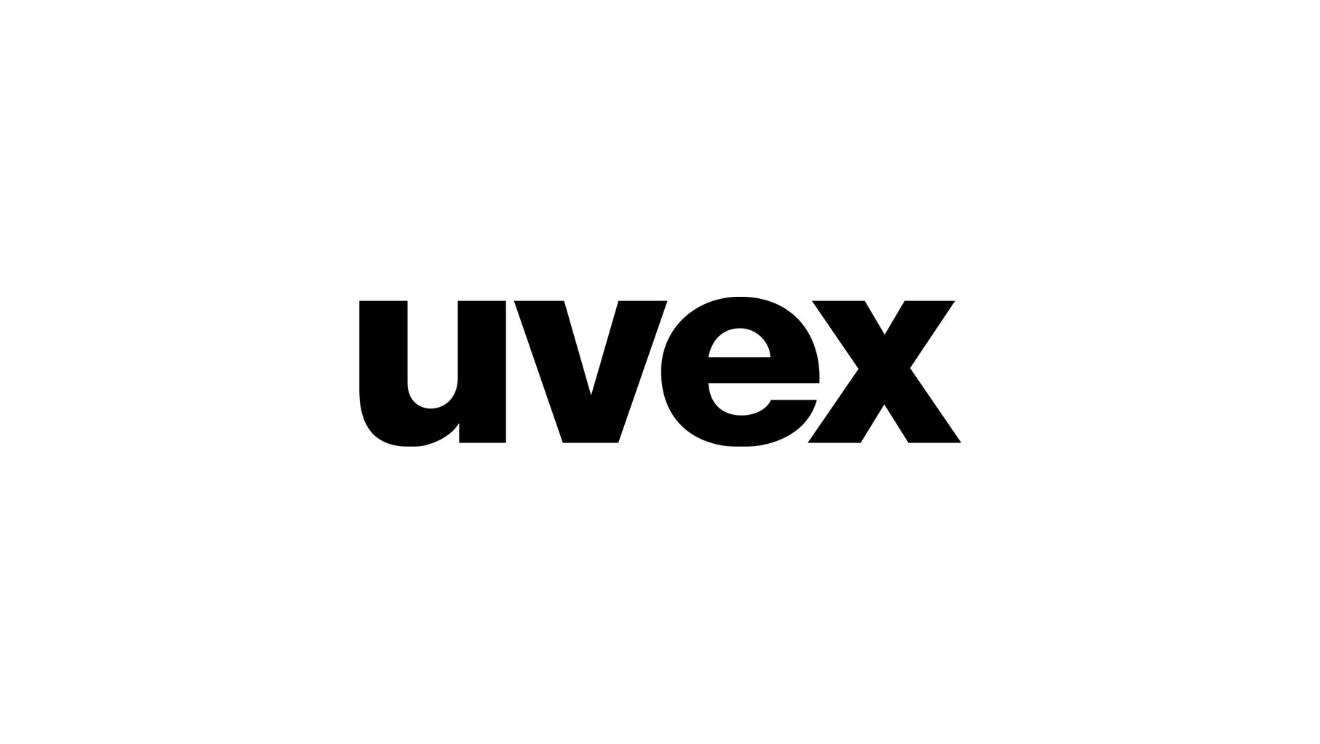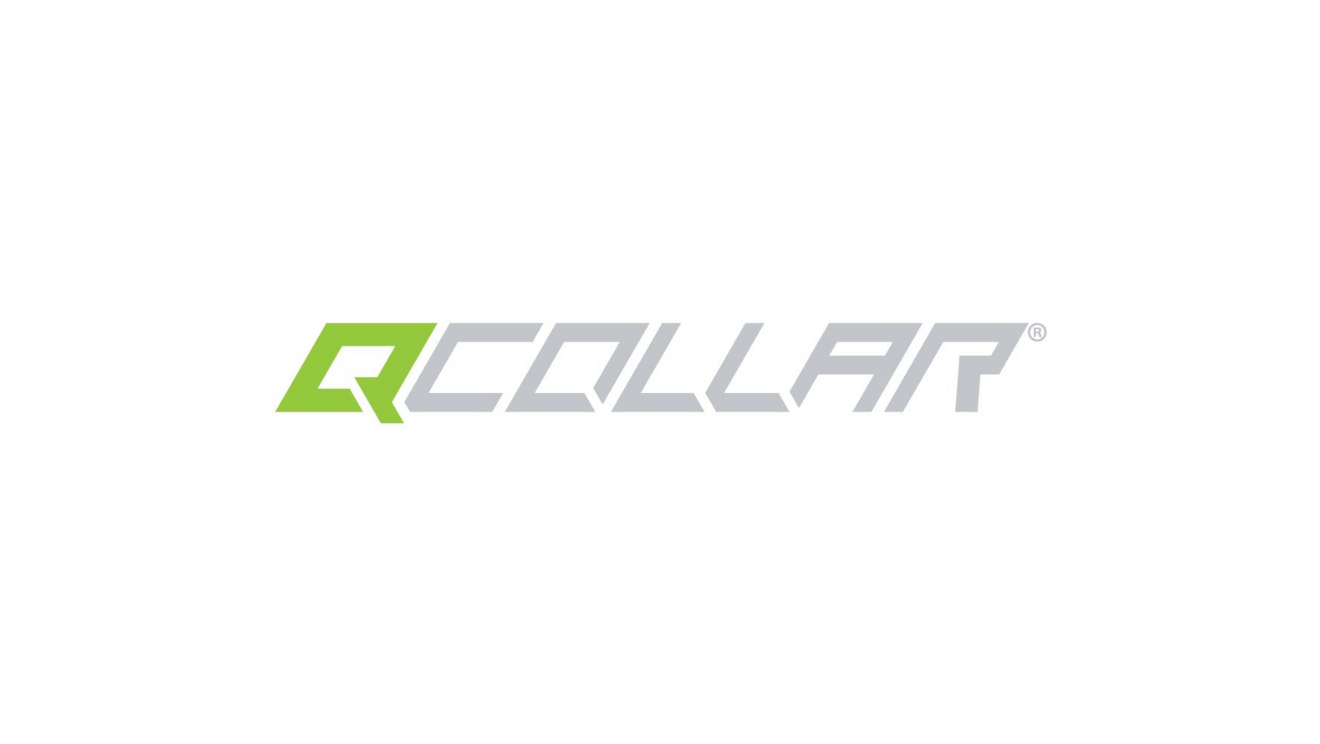WASHINGTON, D.C. (February 22, 2021) – Building on a month of strong results, the Biden-Harris Administration and the U.S. Small Business Administration (SBA) are taking steps with the Paycheck Protection Program (PPP) to further promote equitable relief for America’s mom-and-pop businesses.
The latest round of PPP funding opened one month ago and already the Biden Administration has succeeded in making major improvements to the program’s implementation:
- For businesses with fewer than 10 employees, the share of funding is up nearly 60%
- For businesses in rural communities, the share of funding is up nearly 30%
- The share of funding distributed through Community Development Financial Institutions and Minority Depository Institutions is up more than 40%
“The SBA is a frontline agency working to create an inclusive economy, focused on reaching women-owned, minority-owned, low and moderate-income, rural, and other underserved communities in meaningful ways. While reported data illustrates we have made real strides in ensuring these funds are reaching underserved communities, we believe we can still do better,” says SBA Senior Advisor Michael Roth. “The important policy changes we are announcing further ensure inclusivity and integrity by increasing access and much-needed aid to Main Street businesses that anchor our neighborhoods and help families build wealth.”
These simple progressive steps by the Biden-Harris Administration further demonstrate the commitment to racial and gender equity, reaching low and moderate-income, rural, urban, and other underserved areas. The SBA will:
- Establish a 14-day, exclusive PPP loan application period for businesses and nonprofits with fewer than 20 employees
- Allow sole proprietors, independent contractors, and self-employed individuals to receive more financial support by revising the PPP’s funding formula for these categories of applicants
- Eliminate an exclusionary restriction on PPP access for small business owners with prior non-fraud felony convictions, consistent with a bipartisan congressional proposal
- Eliminate PPP access restrictions on small business owners who have struggled to make federal student loan payments by eliminating federal student loan debt delinquency and default as disqualifiers to participating in the PPP; and
- Ensure access for non-citizen small business owners who are lawful U.S. residents by clarifying that they may use Individual Taxpayer Identification Number (ITIN) to apply for the PPP.
The 14-day exclusivity period will start on Wednesday, February 24, 2021 at 9 a.m., while the other four changes will be implemented by the first week of March. The SBA is working on the program changes and will communicate details throughout this week.
These actions will help to lay the foundation for a robust and equitable recovery for small businesses across the country. Small businesses employ nearly half of the American workforce; they create 2 out of 3 net new private-sector jobs; they reinvest 68% of revenues to build and sustain communities. Borrowers can apply for the PPP by downloading the First Draw PPP loan application or Second Draw PPP loan application and working with a participating PPP lender through the SBA Lender Match tool.
Through SBA’s nationwide district offices, the Agency will work in close partnership with the Administration to further leverage its resource partner network and expand on multilingual access and outreach about the PPP. Updated PPP information, including forms, guidance and resources is available at www.sba.gov/ppp and www.treasury.gov/cares.





 Back
to News
Back
to News